2024 could be the year the PC finally dumps x86 for Arm, all thanks to Windows 12 and Qualcomm's new chip
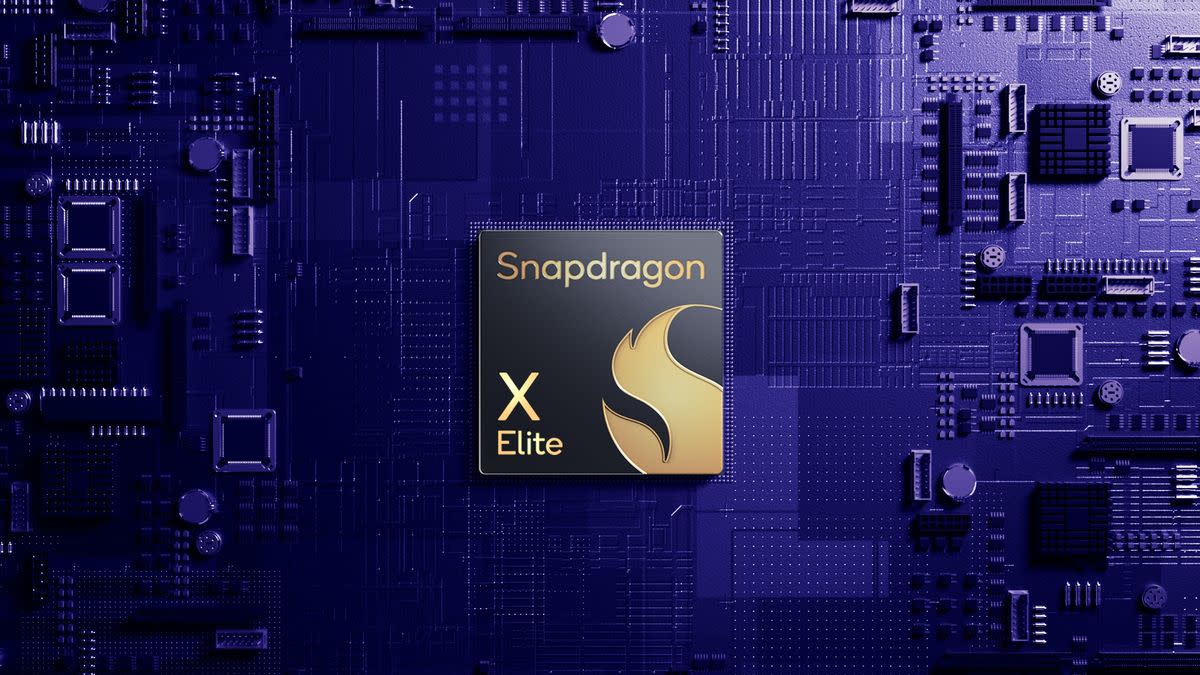
We've already reported on Qualcomm's new 12-core Arm uberchip, the Snapdragon X Elite, and its claims of x86-beating performance and efficiency. But it takes two to tango when it comes a major transition like moving from x86 CPUs to Arm chips. You don't just need hardware, you need software, too.
And that, dear PC fans, is where Windows 12 supposedly comes in. Reports indicate that Microsoft is planning to add specific support for Snapdragon X Elite in future builds of Windows.
Specifically, Microsoft is said to be working on a new build of Windows, codenamed Germanium, that supports Snapdragon X Elite (via Windows Central). It's said that the current Windows-for_arm builds of Microsoft's operating system aren't ready for Snapdragon X Elite. So the chip will have to wait for Germanium.
Now, Germanium is slated for release in April. And laptops with that critical Germanium-Snapdragon X Elite combo will allegedly appear in June. So, by half way through 2024, we should have a feel for whether 2024 is going to be the Arm-powered step-change for the PC.
For background, it's worth remembering why the PC has yet to make a really substantial transition to Arm CPU architectures, despite that being predicted for years and Apple having shifted to Arm throughout its product stack.
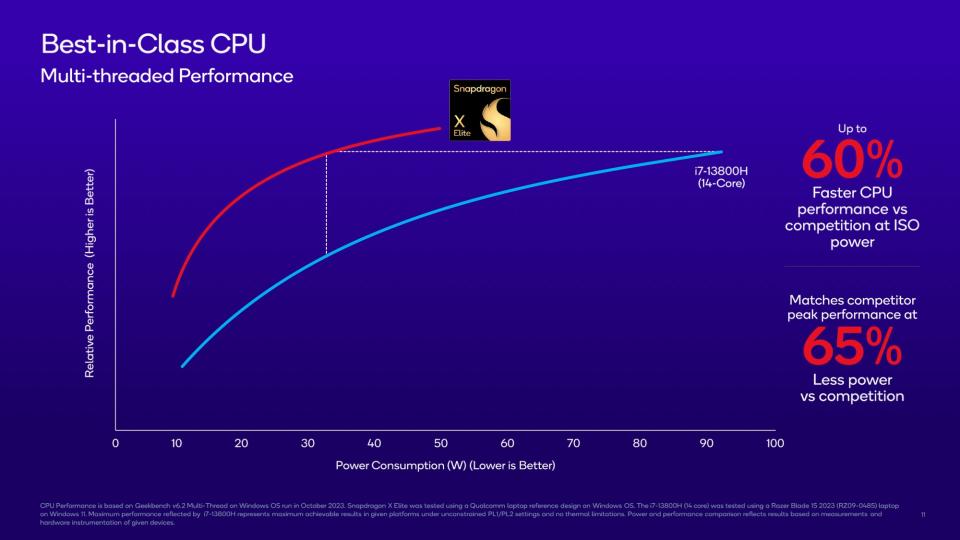
A decade or so ago, the assumption was that Arm was really only suitable for low power applications. You needed x86 for high performance. But Apple's 'A' and 'M' chips have proved that wrong. Apple's Arm cores now have significantly higher performance per clock cycle than any traditional x86 PC processor.
For sure, the top x86 chips still give more outright CPU performance thanks to higher clocks and core counter. But Apple has proven that Arm can compete and then some for fundamental number crunching grunt.
More recently, the PC's transition to Arm has be held back by Qualcomm's exclusive licensing deal for providing Arm hardware for compatible Windows builds. That arrangement expires next year, opening up the market to anyone to have a crack.
Of course, it's somewhat ironic that it is indeed Qualcomm that seems to be first out of the gate with what looks like a chip that could do for the PC what Apple silicon did for Macs.
But it's expected that Qualcomm will have some pretty serious competition on its hands fairly soon. Nvidia is said to be prepping its own Arm chip for 2025. AMD is likewise rumoured to be working on an Arm CPU, though a release date hasn't been mooted.
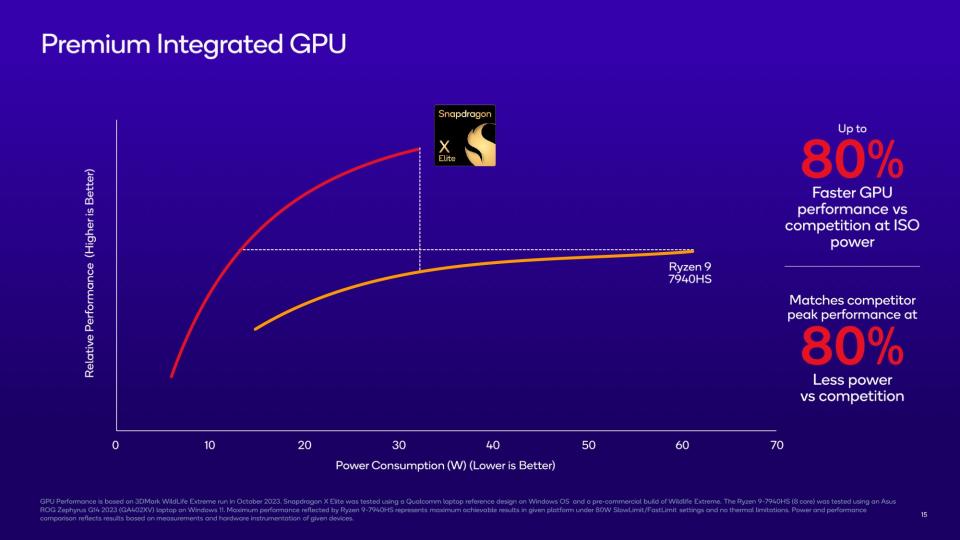
And lest you have forgotten, that huge dump of leaked data from Microsoft revealed that it is considering using Arm CPU cores for its next Xbox games console. Factor that all together, and it certainly looks like Arm hardware on the PC will hit critical mass in the next few years.
But what about the software side of the equation. Microsoft obviously already does Arm-compatible builds of Windows. But one critical area where Arm versions of Windows have arguably failed to deliver is support for legacy x86 code. Eventually, you might expect all major software to be ported to Arm. But during any transition phase, support for old x86 software will surely be critical.
Windows 10 for Arm, of course, included emulation technology that enabled existing unmodified 32-bit x86 apps to run on Arm devices. Windows 11 upped the ante to add support for 64-bit legacy software and apps.
But thus far performance and stability has been patchy. Simple apps usually work, which can include some older games, but performance and stability on more demanding software is much more hit and miss. And then there's the pesky issue of driver support. A lot of hardware that requires bespoke drivers just doesn't work.
This is exactly where Apple has done a really good job. It's easier for Apple, of course, because it controls the entire hardware and software stack. It's enabled Apple to put features into its Arm-powered A and M series chips that are specifically designed to accelerate x86 emulation, smoothing out its transition away from x86 Intel chips and onto its own Arm designs.
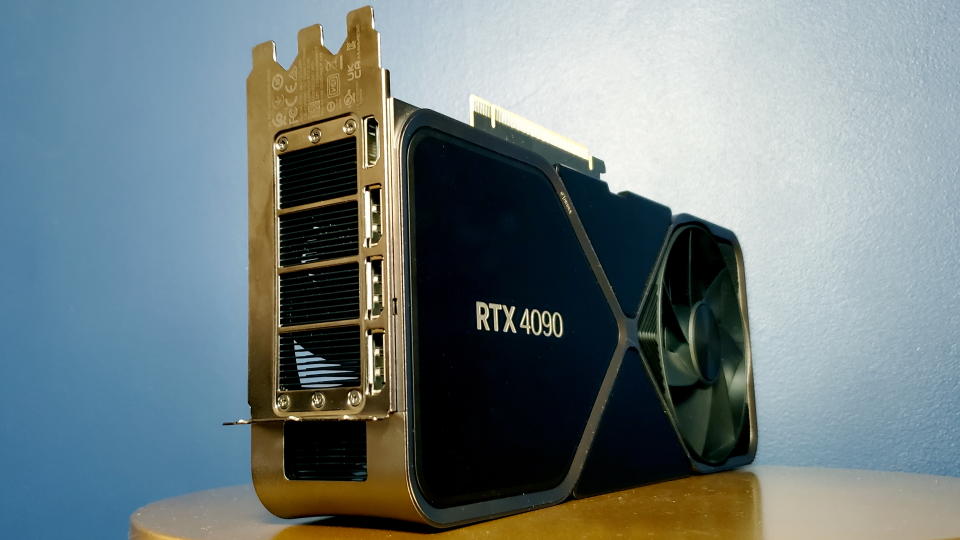
Old x86 Apple software really does run remarkably well Apple silicon, and that even includes some games. It's a handy demonstration of both what can be done and what needs to be done if Arm is going to be truly viable on the PC.
Of course, it is indeed games that are perhaps that hardest challenge for any emulation effort. And so it's gaming PCs that will likely be the last bastion of x86 PC hardware.
But Apple has proven how well emulation can be done and both Qualcomm and Nvidia have every reason to put major effort into making chips that emulate x86 software as well as possible. Neither has a licence to make x86 CPUs. So, if they want to get traction in the PC processor market, Arm chips that emulate x86 CPU cores well are a must.
Put it this way, you just know Nvidia would love to be able to build you an entire PC, controlling both the CPU and the GPU and cutting both AMD and Intel entirely out. That would put it on a even footing with its main competition on the PC. Thanks to Intel's push into graphics, both it and AMD can do both of the major components, leaving Nvidia swinging in the wind and dependent on platform support from either Intel or AMD. It can't possibly be happy with that situation.
Steam in your hands
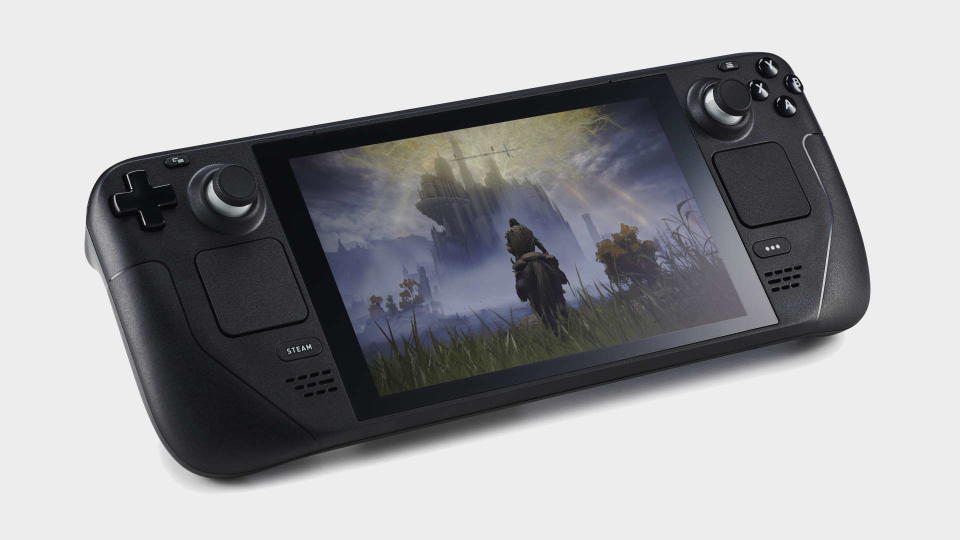
Steam Deck review: Our verdict on Valve's handheld PC.
Steam Deck availability: How to get one.
Steam Deck battery life: What's the real battery life of the new device?
How loud is the Steam Deck? And will it pass the Significant Other test?
Steam Deck - The emulation dream machine: Using Valve's handheld hardware as the ultimate emulator.
However, what neither Nvidia nor Qualcomm can do, nor AMD for that matter should it too get in on the Arm action, is ensure Microsoft delivers on its half of the equation. Thus far, there's little doubt that Microsoft's efforts with Windows on Arm have been half hearted. But if Microsoft is indeed making a specific build of Windows for Qualcomm's Snapdragon X Elite, that implies Microsoft, too, is getting its act together.
And, of course, if the next Xbox console really does go with Arm cores instead of x86 cores, that will automatically mean that most major games have an Arm codepath from the get go.
So, yeah, we have heard it all before. Industry analysts have been predicting that Arm will assimilate the PC for decades. But it could actually be happening this time, it really could.
